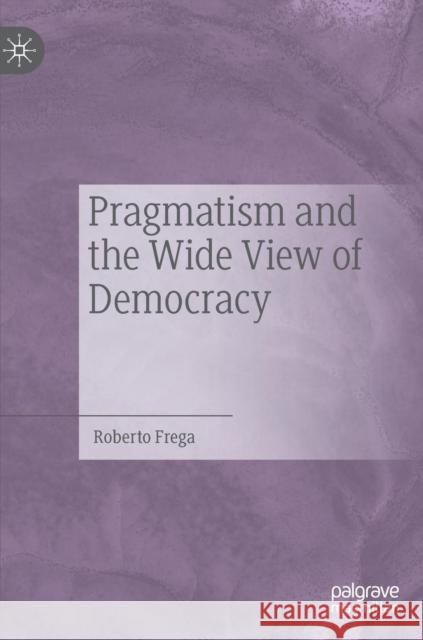Pragmatism and the Wide View of Democracy » książka
topmenu
Pragmatism and the Wide View of Democracy
ISBN-13: 9783030185602 / Angielski / Twarda / 2019 / 427 str.
Pragmatism and the Wide View of Democracy
ISBN-13: 9783030185602 / Angielski / Twarda / 2019 / 427 str.
cena 322,01
(netto: 306,68 VAT: 5%)
Najniższa cena z 30 dni: 308,41
(netto: 306,68 VAT: 5%)
Najniższa cena z 30 dni: 308,41
Termin realizacji zamówienia:
ok. 16-18 dni roboczych.
ok. 16-18 dni roboczych.
Darmowa dostawa!
Kategorie BISAC:
Wydawca:
Palgrave MacMillan
Język:
Angielski
ISBN-13:
9783030185602
Rok wydania:
2019
Wydanie:
2019
Ilość stron:
427
Oprawa:
Twarda
Wolumenów:
01











